A room full of pastors and volunteers at Sugar Grove Church sat silently for five minutes, while pens scribbled down thoughts, plans and action steps. They’d just finished the first of three sessions during RETA’s Life Training.
RETA staff Tonya, Jeff, Melody and Rod put together our first round of a three-hour seminar on how to speak with those in unplanned pregnancy situations, what’s happening at Planned Parenthood and Whole Woman’s Health locally and how to converse with those who are post-abortive.
“Your first words are the most impactful, “ said Tonya, RETA’s Pregnancy Loss Support Coordinator. It was a reminder to those in attendance that when they are approached by someone in an unplanned pregnancy situation that they need to have the heart of Jesus, balancing truth and love. Attendees learned about how to approach unplanned pregnancy conversations with teenagers, what to do in cases of rape, looking at youth group policies, finding mentors, throwing baby showers and more during the first session.
The pastors and volunteers also learned from Jeff about how laws have left dads out of a lot of the important decisions regarding pregnancy and the unintended consequences of those laws.
“There are 13,500 non-abortion providing women’s health clinics in this country. That’s 20 of those to every one Planned Parenthood,” Rod said. “If Planned Parenthood were gone tomorrow, it truly wouldn’t matter. They do a great job marketing so it would seem like something was missing, but there are lots of other, better options out there for women’s health care. They just don’t market themselves as well.” The second session of the training focused on what’s happening locally with Planned Parenthood and Whole Woman’s Health, what services they provide and what the impact would be if they were to pull out of the community.
The third session focused on having conversations with post-abortive women and men. Tonya and Jeff headed up this portion, speaking about how abortion felt like the only choice for a majority of them and that they felt coerced by misinformation/lack of information from doctors, family or friends. 64% of women who have abortions feel pressured to by someone else. Of that, 79% were not told about alternatives.
We felt compelled to do this training to equip our brothers and sisters to be prepared for hard conversations, to not feel shell-shocked by someone who shares something and to have a plan before a conversation like one of those described above happens. The thread through everything we communicated during the training was the need to balance truth and love, starting with grace, a listening ear and a hug where appropriate.
We plan to do another training, open to any of our supporting churches’ congregants early next year. Be on the lookout for that!

